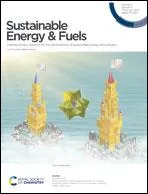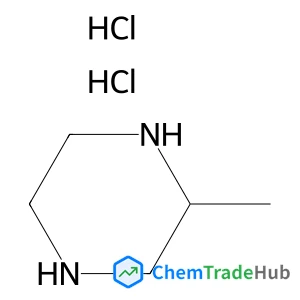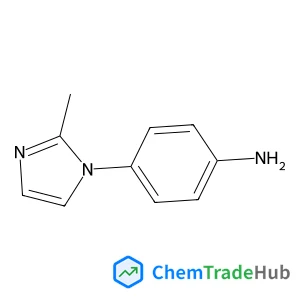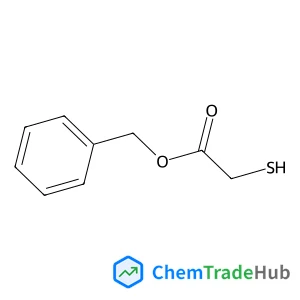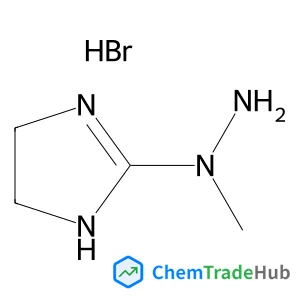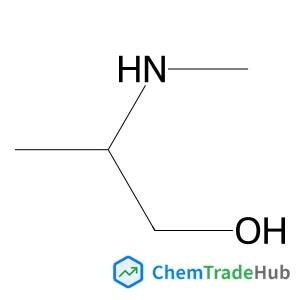Efficient one-pot synthesis of alkyl levulinate from xylose with an integrated dehydration/transfer-hydrogenation/alcoholysis process
文献情報
Mengmeng Wang, Xueying Gao, Liang He, Junhua Zhang
An integrated catalytic protocol involving dehydration, transfer-hydrogenation and alcoholysis towards one-pot conversion of xylose to alkyl levulinate was invented using a combination of Zr(20)-MCM-41 and H3O40PW12 catalysts. Secondary alcohols like 2-propanol and 2-butanol as the reaction medium exhibit equally superior hydrogen donating capability, but the dehydration step of xylose in 2-butanol is preferred probably due to its stronger hydrophobicity. A good alkyl levulinate yield of 53% can be achieved under optimized conditions. The spent dual catalysts can be effectively recovered and they exhibit good reusability after thermal regeneration of Zr(20)-MCM-41. Research on the catalytic mechanism shows that well-dispersed ZrO2 supported on MCM-41 is responsible for the catalytic transfer hydrogenation step of furfural to furfuryl alcohol. Proper tuning of the Lewis and Brønsted acidities can efficiently promote the acid-driven reaction steps of xylose conversion and simultaneously inhibit the alkyl levulinate-to-γ-valerolactone side reaction. The sustainability of this conversion is greatly improved by process intensification based on the new catalytic strategy and mild reaction conditions.
関連文献
IF 6.843
High-performance tungsten carbide electrocatalysts for the hydrogen evolution reactionIF 6.367
Permselective ion electrosorption of subnanometer pores at high molar strength enables capacitive deionization of saline waterIF 6.367
Co9S8 integrated into nitrogen/sulfur dual-doped carbon nanofibers as an efficient oxygen bifunctional electrocatalyst for Zn–air batteriesIF 6.367
Transition-metal-free insertion reactions of alkynes into the C–N σ-bonds of imides: synthesis of substituted enamides or chromonesIF 6.222
Facile room-temperature growth of nanostructured CuBi2O4 for selective electrochemical reforming and photoelectrochemical hydrogen evolution reactionsIF 6.367
Sugar ketals as a platform molecule to overcome the limitation of converting biomass into green-hydrocarbons in a typical refineryIF 6.367
Transition metal chemistry in synthetically viable alkaline earth complexes M(Cp)3− (M = Ca, Sr, Ba)IF 6.222
Triboelectric nanogenerators for a macro-scale blue energy harvesting and self-powered marine environmental monitoring systemIF 6.367
Synthesis and hydrogen evolving catalysis of a panchromatic photochemical molecular deviceIF 6.367
掲載誌
おすすめサプライヤー
 アルキム · エスペシャリティズ · ケミカス S. A. C. V. の
アルキム · エスペシャリティズ · ケミカス S. A. C. V. の オルクアイ・トルロセン
オルクアイ・トルロセン Bilfinger Industrietechnik ザルツブルク
Bilfinger Industrietechnik ザルツブルク 东莞市コレイダ化学科技有限公司
东莞市コレイダ化学科技有限公司 AJY北米、ロサンゼルス
AJY北米、ロサンゼルス 常州凯康生物科技有限公司
常州凯康生物科技有限公司 湖南ナシャン電子科技有限公司
湖南ナシャン電子科技有限公司 迂湏市藍星環保設備有限公司
迂湏市藍星環保設備有限公司 Albert Handtmann Elteka GmbH & Co. KG
Albert Handtmann Elteka GmbH & Co. KG ブッカー・インダストリーズ
ブッカー・インダストリーズ










